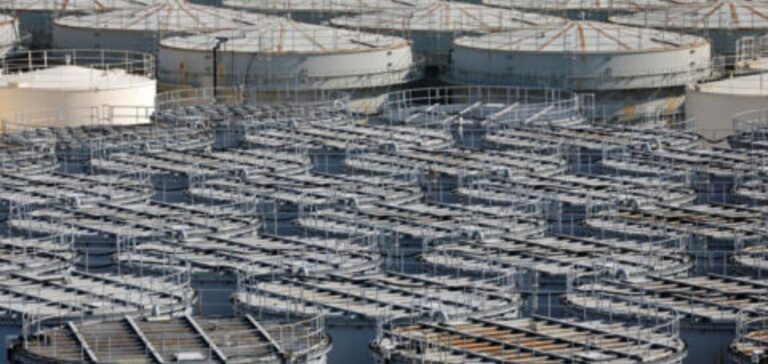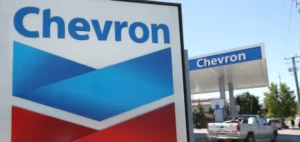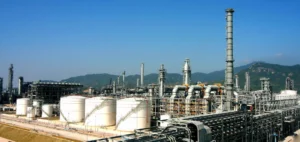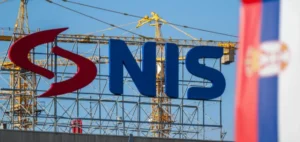South Korea’s release of Iran’s blocked assets held in local banks is unlikely to lead to a resumption of Iranian oil trade for the time being, said government officials as well as banking and refining industry sources in Seoul and Tehran from August 11 to 14.
Funds Frozen at the Center of South Korea-US-Iran Relations
The Korea Economic Daily reported last week that Seoul and Washington were discussing ways of releasing $7 billion of Iranian funds held in Woori Bank and Korea’s Industrial Bank, on condition that Teheran releases American hostages held in Iran and limits its nuclear development process.
“The [sud-coréen] government has engaged in close consultations with the countries concerned, including the United States and Iran, to address the issue of the frozen funds,” said a South Korean Foreign Ministry official on August 11.
Iranian Oil Minister Jawad Owji said on August 13 that the funds, which were payments due for Iranian condensate sold to South Korea in the late 2010s, have been released by the South Korean government. The South Korean Ministry of Finance declined to comment on the transfer of funds and related procedures when contacted by S&P Global Commodity Insights on August 14.
“There was an order to proceed and release the funds to Iran, but we cannot yet confirm the status of the transfer with anyone,” said a Seoul-based banking industry source with in-depth knowledge of Woori Bank and IBK’s management of Iranian funds.
Iran has been calling on South Korea for many years to release assets frozen in bank accounts due to Iran’s economic difficulties. Relations between Seoul and Tehran deteriorated after Iran stopped a South Korean-flagged chemical tanker in the Strait of Hormuz in 2021. Relations remained strained after South Korean President Yoon Suk Yeol referred to Iran as the UAE’s “sworn enemy” during his visit to Abu Dhabi in January.
The local refining industry and participants in the oil trade welcomed Seoul’s efforts to resolve the issue of frozen assets, as Iran was once an extremely valuable supplier of crude oil and a trading partner for Asia’s fourth-largest economy. However, geopolitical issues are usually highly volatile, and it would take a radical shift in the Washington-Tehran diplomatic stance for Iranian oil to trade freely on international markets again, Seoul-based analysts from the Korea Petroleum Association as well as traders from major South Korean refiners and petrochemical companies said.
“We want to go ahead and buy Iranian crude and condensate right now, but this is something that private companies and corporations can’t solve… we refuse to take any false sense of hope and it’s very unlikely that sanctions against Tehran will be lifted soon,” said a raw materials manager from a major South Korean refiner who declined to be identified due to the sensitive nature of the issue.
“Even if the [gelés] funds are released, it won’t guarantee anything and there’s still a long way to go before Iranian crude imports are allowed to resume,” said a condensate trader at a South Korean petrochemical manufacturer.
A Long Relationship: Despite Sanctions, South Korea and Iran Remain Connected
Although South Korean refineries stopped buying Iranian crude oil several years ago due to Tehran’s ongoing international sanctions, the two countries have strong economic and cultural ties, said refining industry sources and analysts.
Before the sanctions against Tehran, South Korea was one of the world’s top three customers for Iranian crude oil, and the largest importer of Iranian condensates, or ultra-light crude oil, in Asia.
“At times like this when inflation remains high, supply [OPEP+] is tight and oil prices are rising… you’d want free trade and Iranian barrels trading,” said the condensate trader.
In 2017, South Korea received 148 million barrels of crude and condensate from Iran. Making the Persian Gulf producer its third-largest supplier of refinery feedstocks in the year, according to data from state-owned Korea National Oil Corp. South Korea’s leading refiners, including SK Innovation. As well as petrochemical manufacturers such as Hanwha TotalEnergies, were previously keen buyers of Iranian condensate from South Pars.
South Korean refiners and petrochemical companies have indicated that they are still very keen on Iranian oil. Particularly South Pars condensate, as ultra-light crude generally trades at a discount of at least $2/b to deodorized Qatari field condensate. Or PLC, on the market. Platts, part of S&P Global Commodity Insights, assessed the price differential between South Pars and PLCs at an average of minus $3.74/b compared to 2018-2022.





















